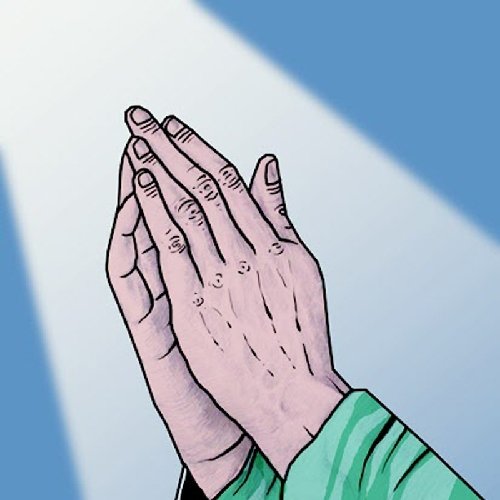Day of the dawn
Day of the dawn
Posted February. 11, 2023 07:13,
Updated February. 11, 2023 07:13

Koreans often utter "eomma," which means mom in English, when they are taken by surprise, regardless their mothers are actually around or not. The word "umma(ya)" in such a case means that they are so surprised that they feel their life expectancy was shortened. Similarly, Korean people exclaim "sesang," which means world in English. "Sesang (ena)" may indicate that they just cannot believe what's happening.
In extremely desperate situations, Korean call for "shin," meaning God in English. Regardless of which god they have their faith in, people say "shin (ishiyeo)" to seek help for circumstances that they can neither handle nor control. People seeking God's help suggest that they have become fragile and that weakness is completely revealed. It suggests that they are broken and kneeled, suffering tremendously in their darkest hours with no light or exit in sight.
A faraway neighbor who shares this planet with us is in ultimate despair and pain. Parents who lost their children wail in sorrow, and children who lost their parents are still waiting to be rescued. Shocked and overwhelmed, people in that country are crying out for God and miracle.
It is time for us people to pray for other people. Korean poet Kim Nam-jo writes poems that resemble prayers and recites prayers like poems. In Kim's work, prayers and poems are not distinct. That's why I go for Kim's poems today.





![취권하는 중국 로봇, ‘쇼’인 줄 알았더니 ‘데이터 스펀지’였다?[딥다이브]](https://dimg.donga.com/c/138/175/90/1/wps/NEWS/IMAGE/2026/02/20/133391101.1.png)

